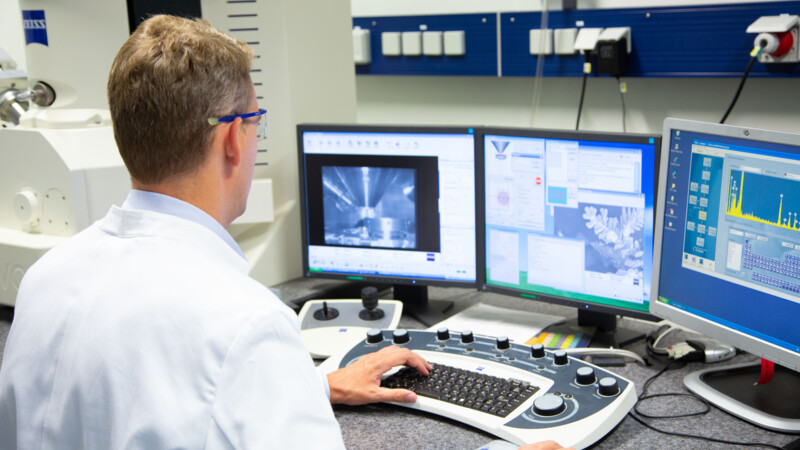"The data should provide information about the communicative practices arising from the use of pronouns and the extent to which they establish themselves, change or whether they disappear in certain eras," said Prof. Dr. Wolfgang Imo, a representative of the Institute for German Studies. A mix of grammar and the language used in seven sub-projects should help answer research issues such as the role of texts and communicative genres in the probability of certain pronoun occurring and whether pronouns create social positioning. Pronouns establish references and relationships depending on whether one uses the polite form or first name.
The German Research Foundation (DFG) is putting EUR 2 million in funds towards research into the use of German-language pronouns such as "'Ich, du, er, sie, wir und sie' /'I, you, he, she, we and they'”. The “Practices of Personal Reference: Personal, Indefinite and Demonstrative Pronouns in Use" project at the University of Hamburg’s Institute of German Studies lasts unti 2026. Three of seven researchers involved are young postdocs.
Research into communicative practices
Use of language in various era and in media
Empirical research based on different sets of data will be done into pronouns in different media and in written and spoken German. To this end, interactions between doctors and patients, in private conversations, mass chats, video recordings of emergency drills and letters from newspaper readers will be examined. Literature from different epochs will be also be examined: Old High German, Middle High German and Early New High German texts as well as drama texts from the Baroque, Enlightenment, Sturm und Drang and Classical periods. The researchers will also focus on best practices in keywording and the automatic evaluation of data sets.
mm/pb
Sources and further information
More
Similar articles

Relaunched university portal offering improved data


